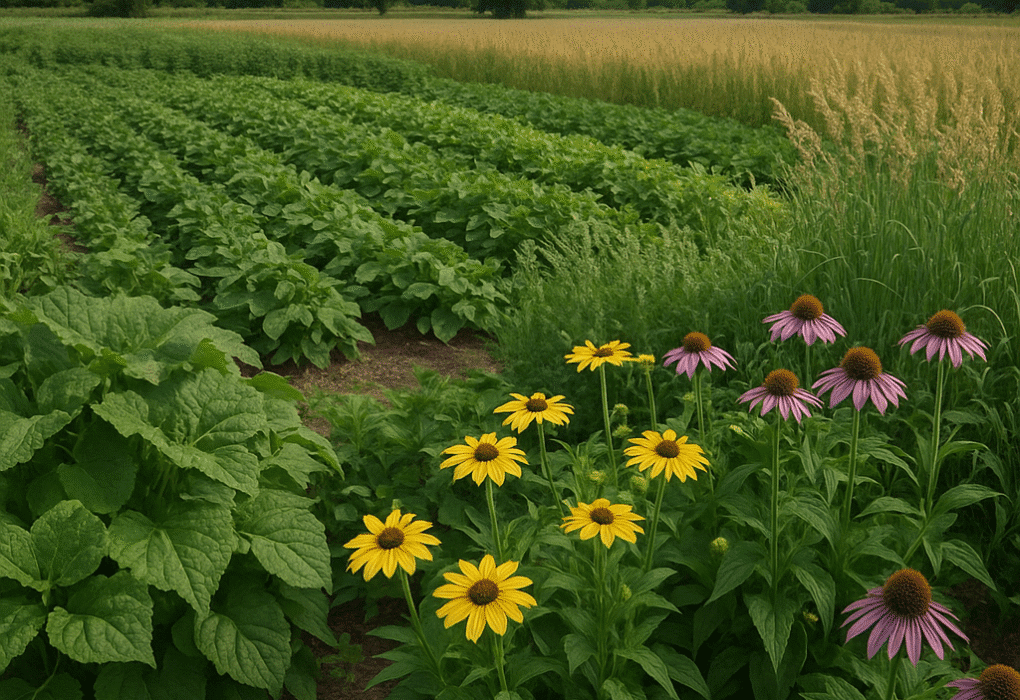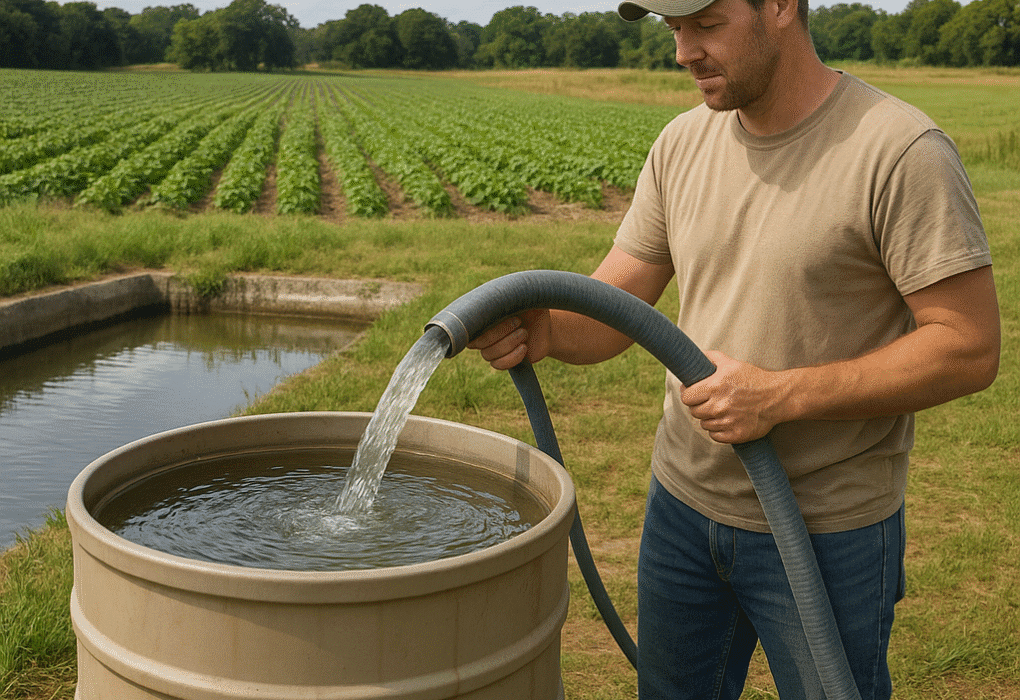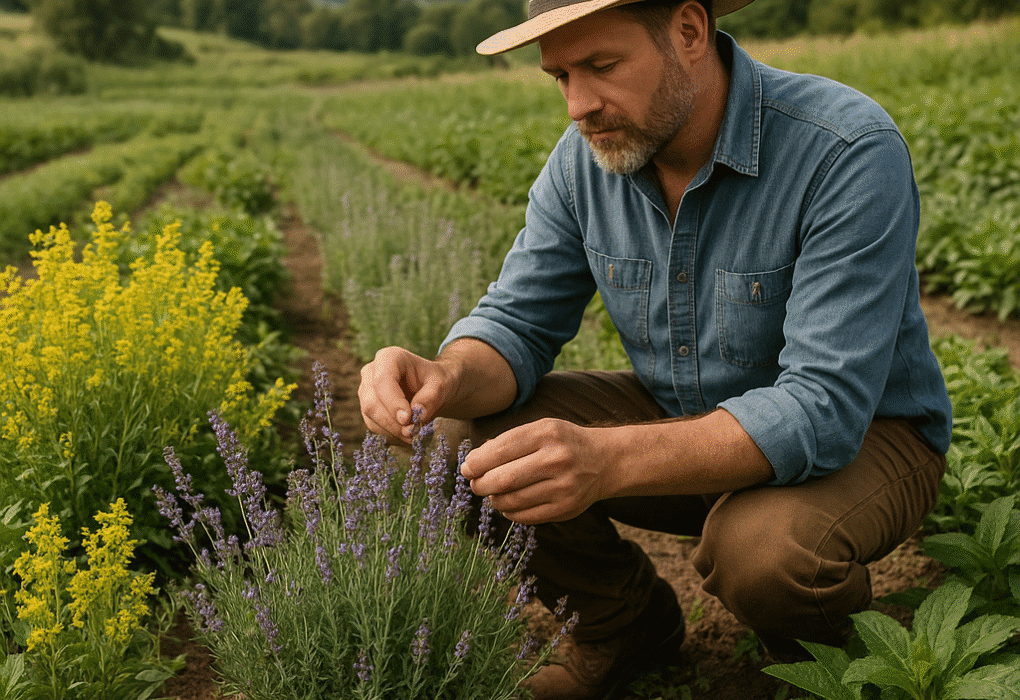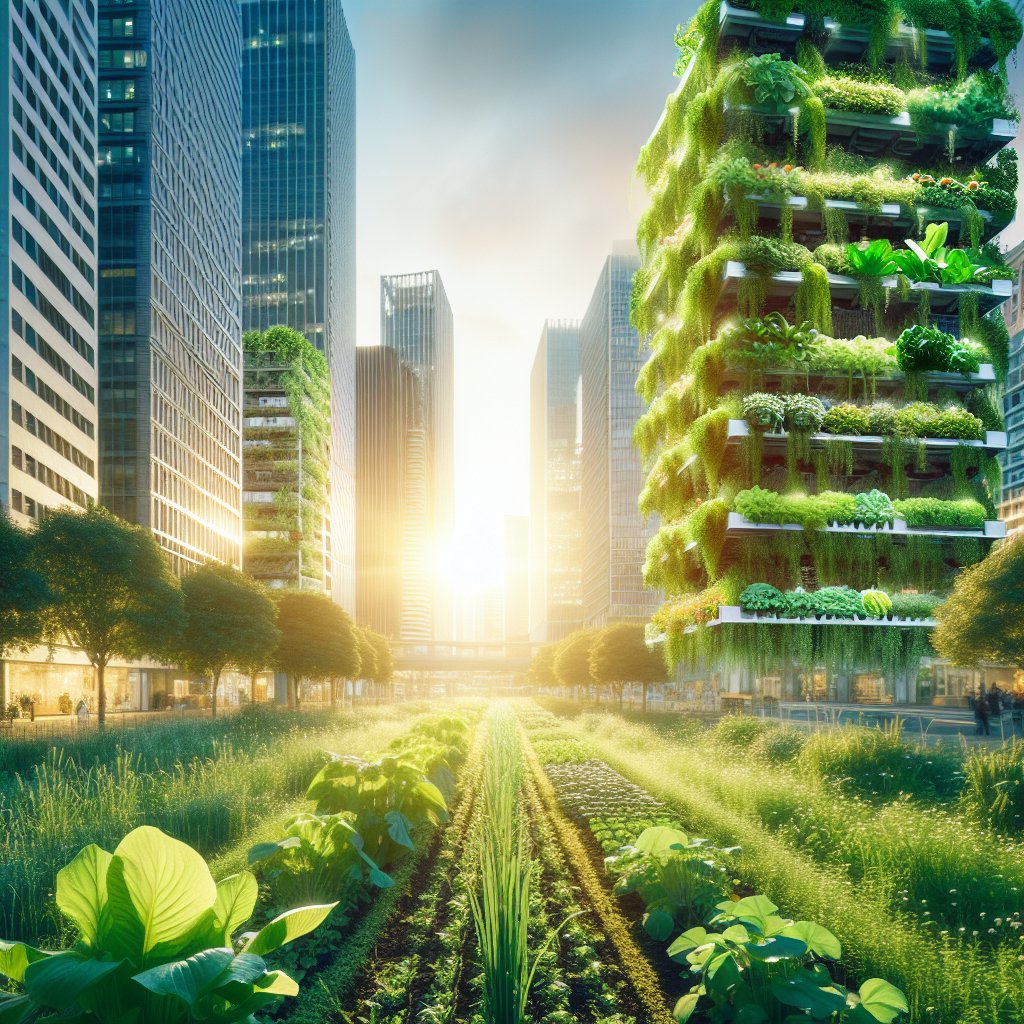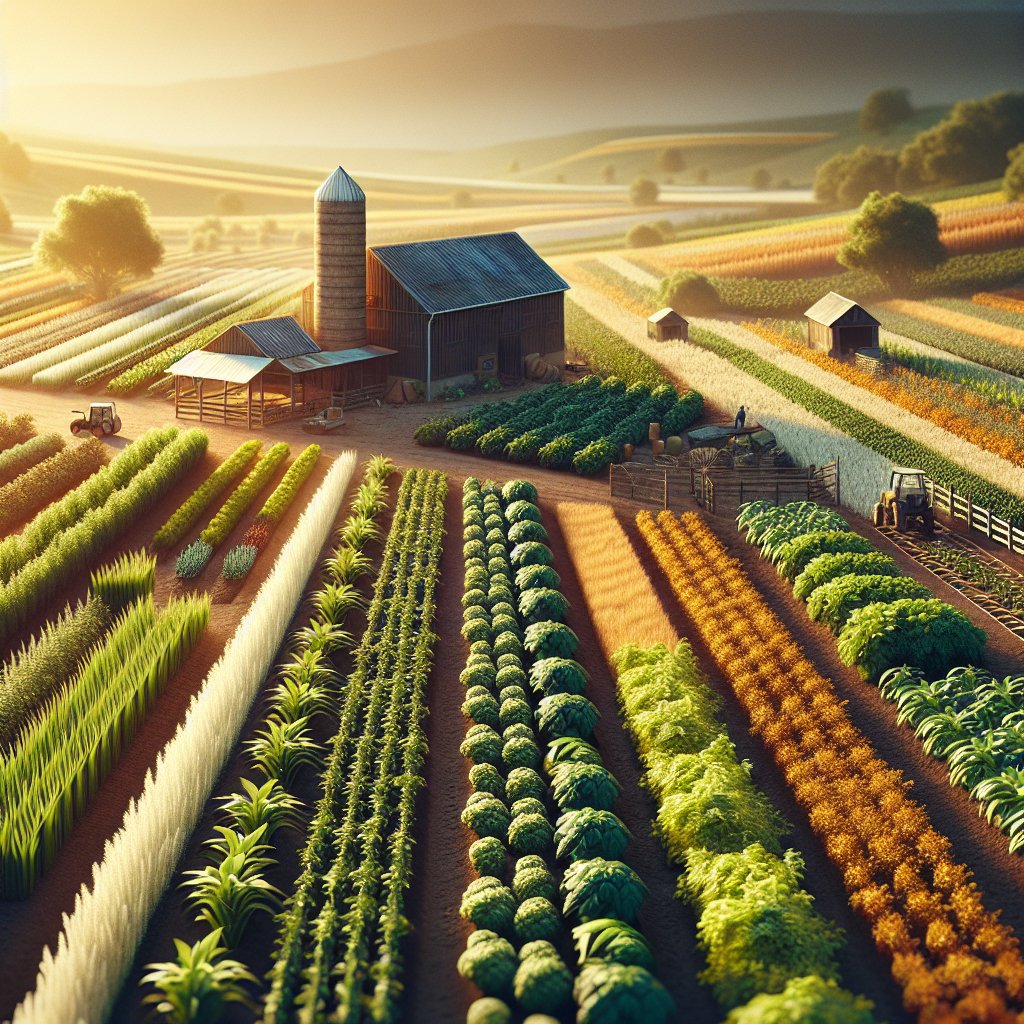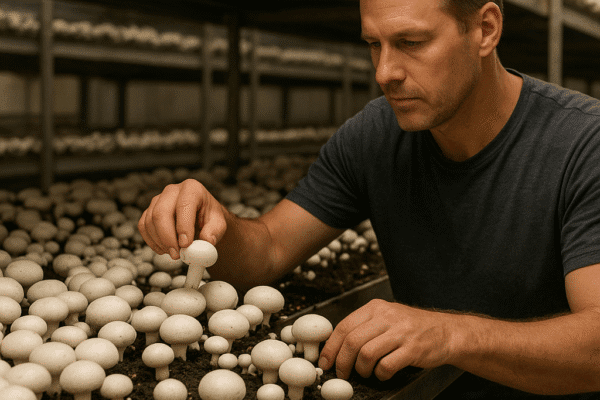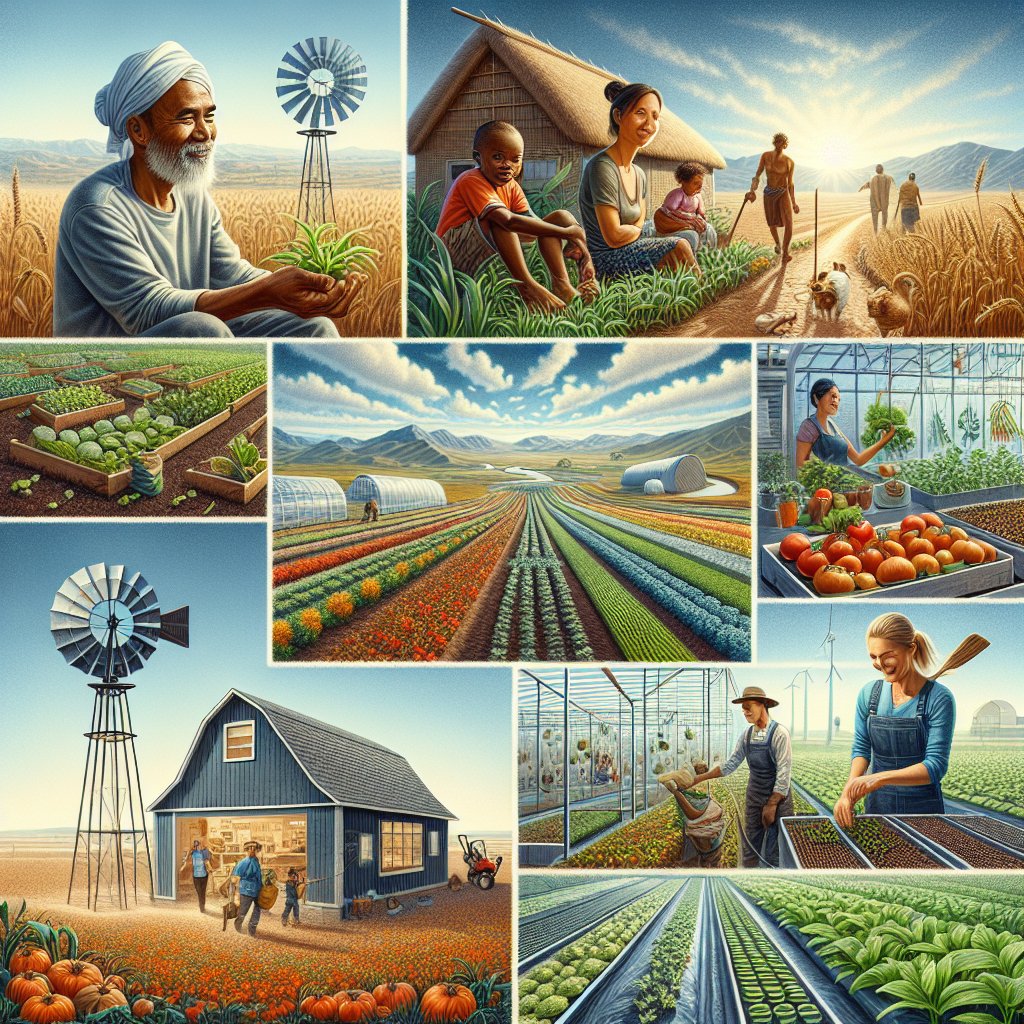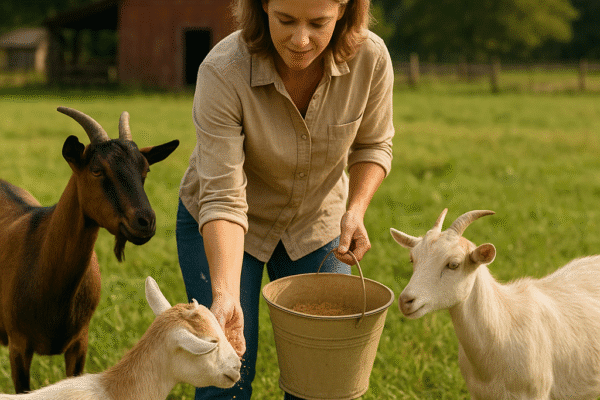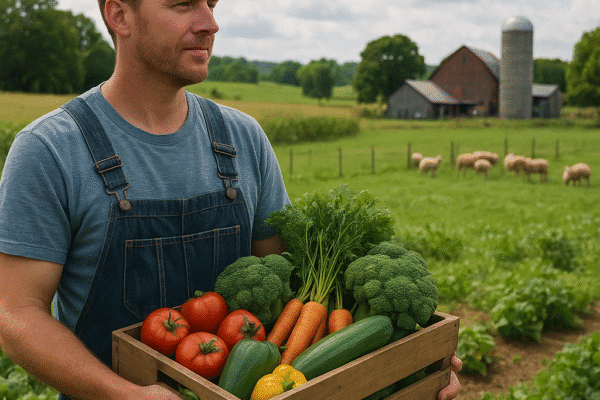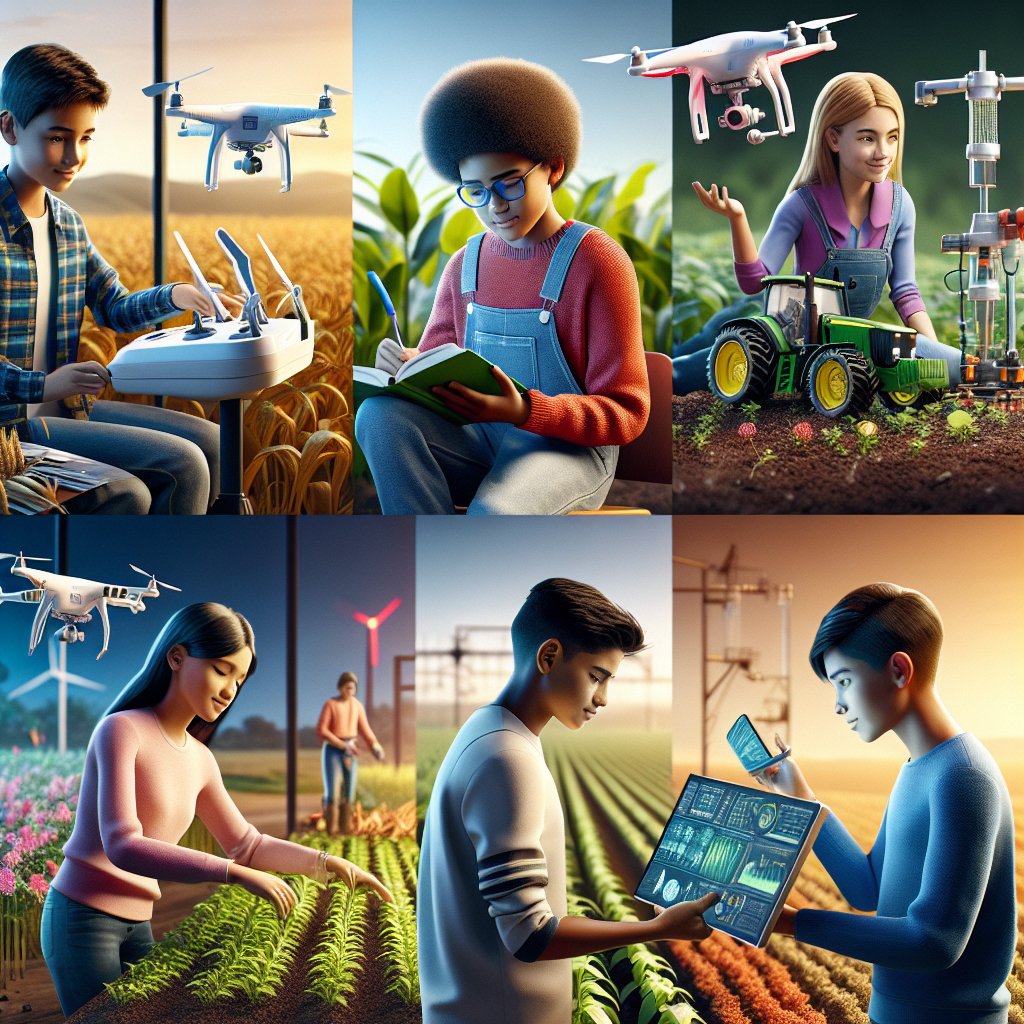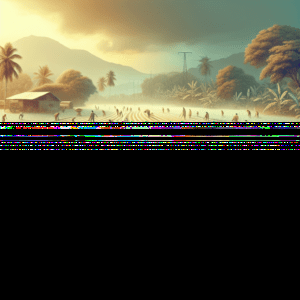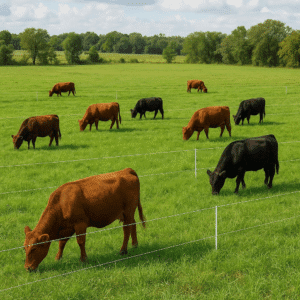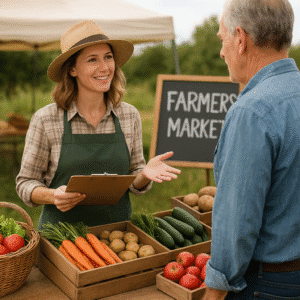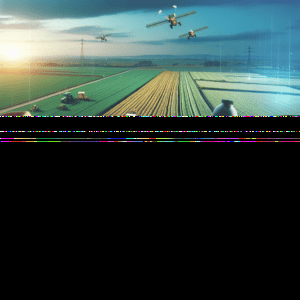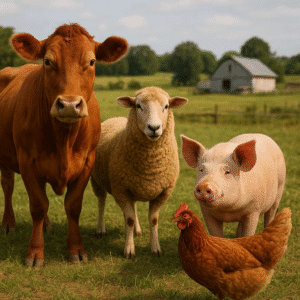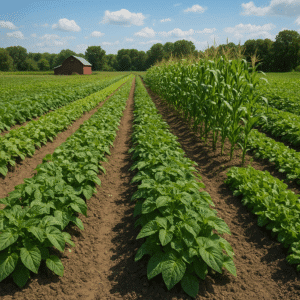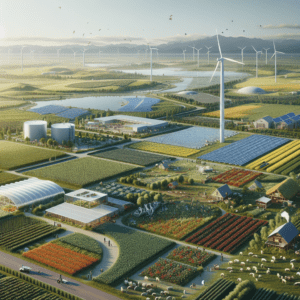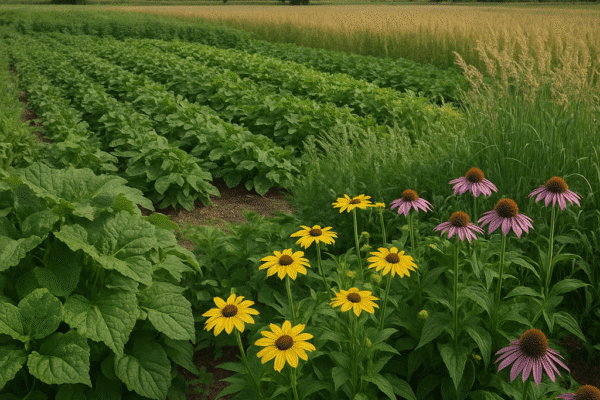

Best Perennial Crops for Sustainable Farms
The shift towards a sustainable agricultural model places an increasing emphasis on diversifying crop systems with robust, low-maintenance species. Perennial crops have emerged as a promising solution for modern farms seeking reduced input costs, improved soil fertility, and enhanced ecosystem…
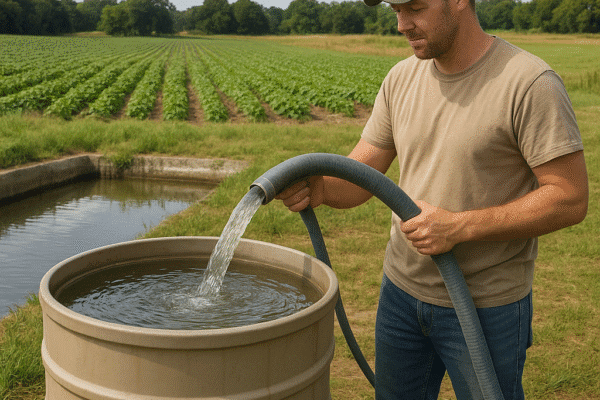
How to Recycle Water on the Farm
Effective water management on agricultural land is crucial for maintaining productivity and reducing environmental impact. By implementing practical strategies to recycle water, farmers can address water scarcity, improve crop yields, and minimize waste. This article explores the methods and technologies…
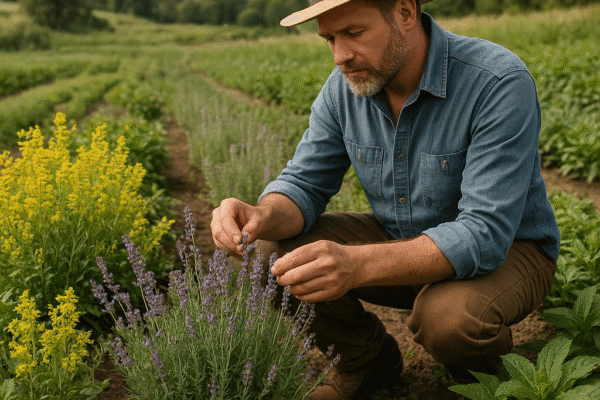
Growing Medicinal Plants on Your Farm
Transforming a section of your farmland into a thriving medicinal herb garden can unlock new revenue streams and promote ecological health. By integrating careful planning, sound cultivation methods, and mindful harvesting techniques, farmers can produce high-quality therapeutic plants that cater…

How to Build a Farm Website That Sells
Building a thriving online presence for your farm goes far beyond posting pretty pictures of rolling fields. A well-crafted website can transform casual browsers into loyal customers, drive direct sales of fresh produce, and showcase the unique story behind your…
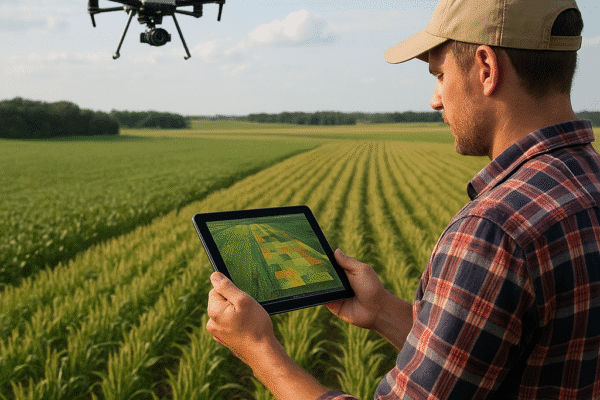
Using AI in Modern Farming
The integration of cutting-edge technology into agriculture has transformed traditional practices into a highly efficient and data-driven industry. By harnessing the power of AI and advanced analytics, farmers can make informed decisions, maximize yields, conserve resources, and respond proactively to…
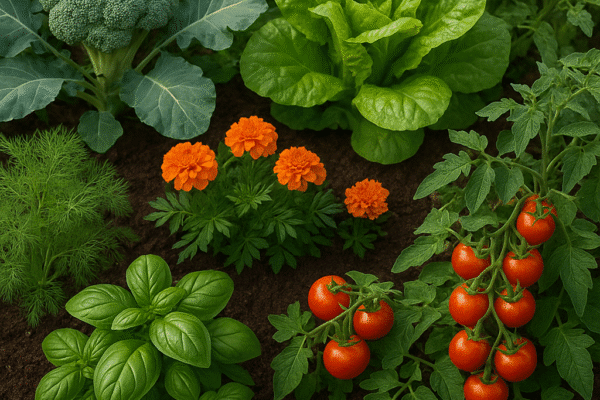
The Benefits of Companion Planting
Companion planting is an age-old agricultural practice that leverages the natural relationships between different plant species to enhance overall farm productivity. By understanding how certain plants benefit each other when grown in proximity, farmers can optimize space, improve soil conditions,…
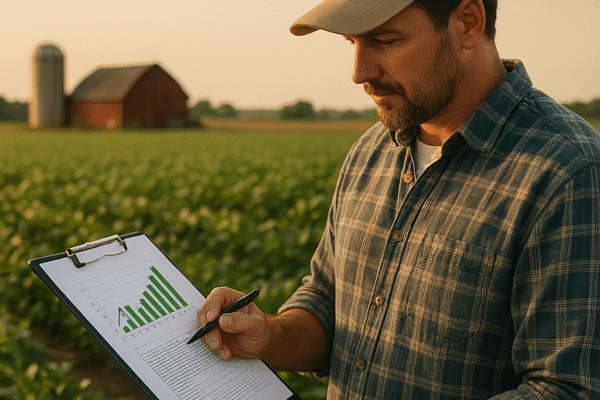
How to Improve Farm Profitability
Improving farm profitability involves a combination of strategic planning, smart investment, and continuous adaptation to changing market and environmental conditions. By focusing on key areas such as operational efficiency, adoption of modern technology, thoughtful diversification of crops and livestock, and…
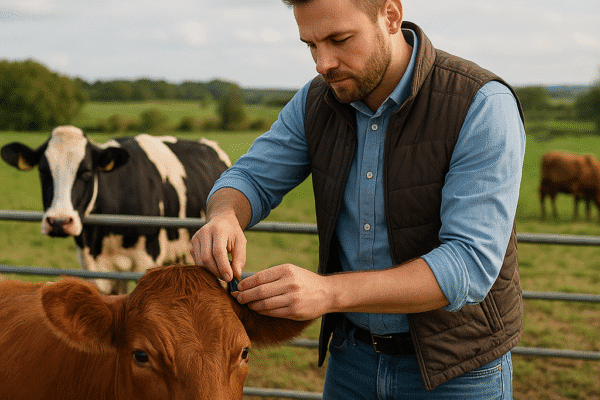
Best Practices for Livestock Health Management
Effective livestock health management is crucial for sustaining productivity, ensuring animal welfare, and optimizing farm profitability. By integrating comprehensive practices—from prevention and monitoring to environmental control and data-driven decision-making—producers can minimize disease outbreaks, reduce reliance on medications, and foster a…

How to Create a Pollinator-Friendly Farm
Creating a pollinator-friendly farm involves more than planting a few blossoms; it requires an integrated approach that enhances the biodiversity of the landscape, supports a healthy ecosystem, and ensures long-term productivity. By intentionally designing fields, margins, and water sources to…
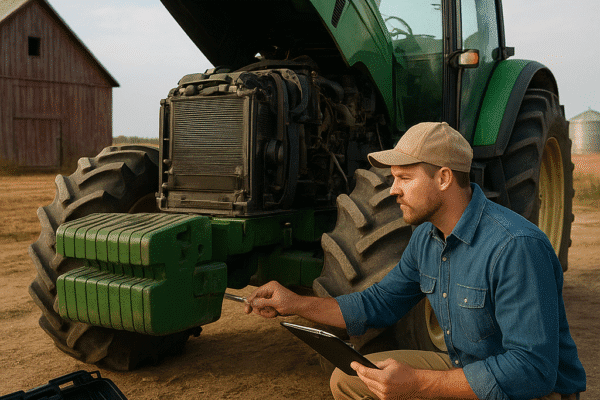
Tips for Managing Farm Equipment Maintenance
Effective management of farm equipment is essential for ensuring consistent field performance and avoiding costly breakdowns. By implementing a structured approach, farmers can maximize the lifespan of tractors, combines, and other vital machinery. Incorporating regular inspections and proper servicing not…
